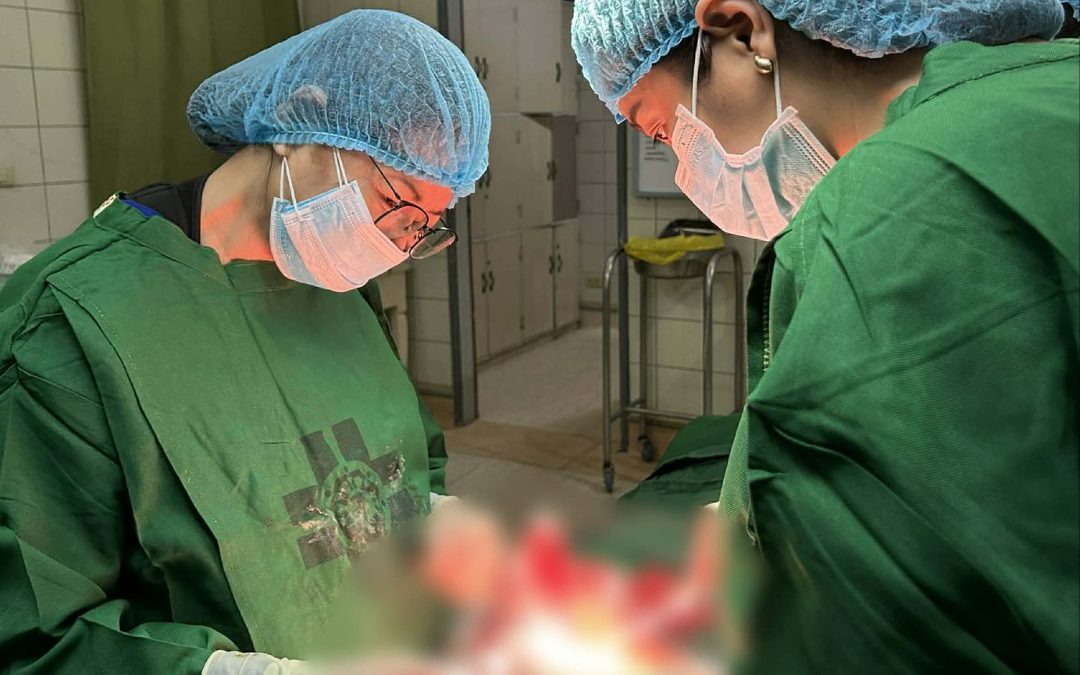Gallstones are small, hardened deposits that form in the gallbladder, a small organ located beneath the liver. They can vary in size and composition, with most gallstones being made primarily of cholesterol or bilirubin. Gallstones can cause a range of symptoms, from mild discomfort to severe pain, and complications such as inflammation of the gallbladder or blockage of the bile ducts.
Here are some tips to help prevent gallstones:
1. Maintain a Healthy Weight: Obesity and being overweight are significant risk factors for gallstones. Aim to achieve and maintain a healthy weight through a balanced diet and regular exercise. Gradual weight loss, if needed, can help reduce the risk of gallstone formation.
2. Eat a Balanced Diet: Focus on consuming a diet rich in fruits, vegetables, whole grains, lean proteins, and healthy fats. Limit saturated and trans fats, as well as refined sugars and processed foods. Include fiber-rich foods in your diet to help regulate digestion and prevent cholesterol buildup in the gallbladder.
3. Stay Hydrated: Drink plenty of water throughout the day to help prevent the formation of gallstones. Adequate hydration can help keep bile fluid and prevent the crystallization of cholesterol and other substances that can lead to gallstones.
4. Limit High-Fat Foods: High-fat foods can stimulate the gallbladder to contract and release bile, increasing the risk of gallstone formation. Limit your intake of fried foods, fatty meats, full-fat dairy products, and rich desserts.
5. Eat Small, Frequent Meals: Instead of consuming large meals, opt for smaller, more frequent meals throughout the day. Eating smaller portions can help prevent overloading the gallbladder and promote better digestion.
6. Include Healthy Fats: While limiting unhealthy fats, include healthy fats in your diet, such as those found in olive oil, avocados, nuts, and fatty fish like salmon. These fats can help regulate bile production and support gallbladder health.
7. Maintain a Regular Eating Schedule: Try to eat meals and snacks at regular intervals throughout the day. Skipping meals or fasting for extended periods can increase the risk of gallstone formation by causing the gallbladder to contract less frequently.
8. Be Cautious with Rapid Weight Loss: Rapid weight loss, especially through crash diets or extreme fasting, can increase the risk of gallstone formation. Aim for gradual, sustainable weight loss through a combination of healthy eating and regular exercise.
9. Be Mindful of Cholesterol Levels: High levels of cholesterol in the bile can contribute to the formation of gallstones. Maintain healthy cholesterol levels by following a balanced diet, exercising regularly, and avoiding smoking and excessive alcohol consumption.
10. Consider Medication: In some cases, healthcare providers may prescribe medications to help dissolve gallstones or prevent their formation. These medications may be recommended for individuals at high risk of gallstones, such as those with a history of gallbladder problems or rapid weight loss.
By incorporating these lifestyle changes into your daily routine, you can help reduce your risk of developing gallstones and promote overall gallbladder health. If you have specific concerns or risk factors for gallstones, consult with your healthcare provider for personalized guidance and recommendations.



